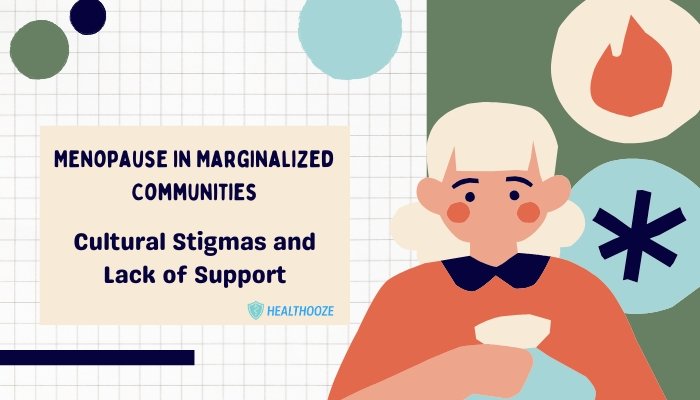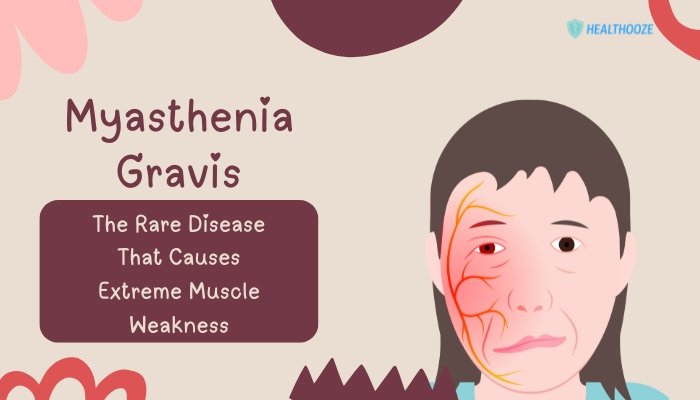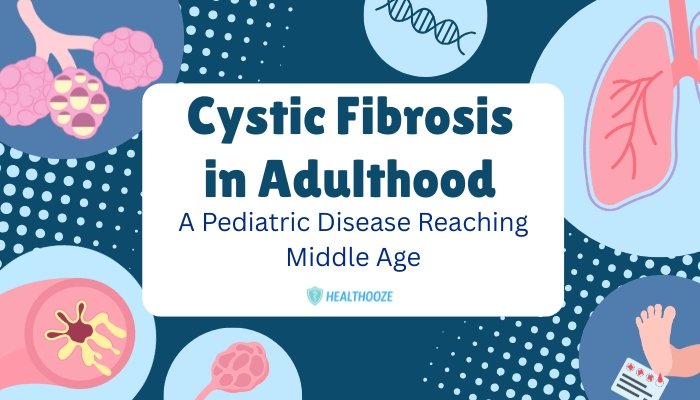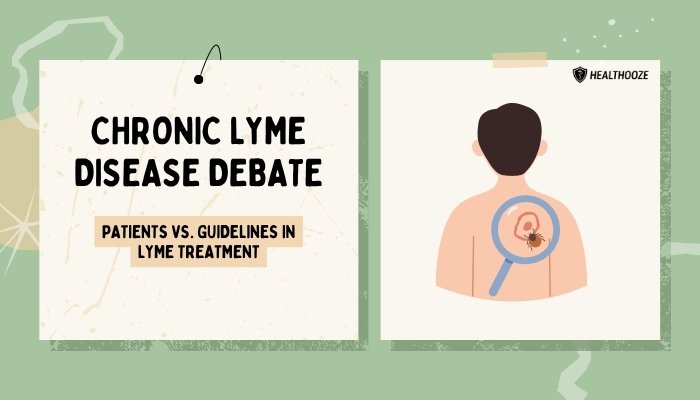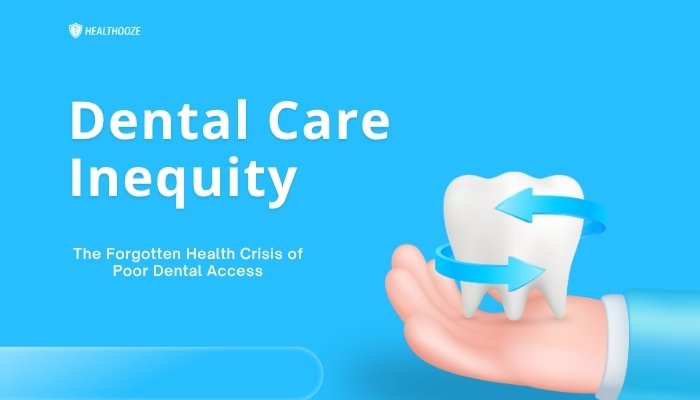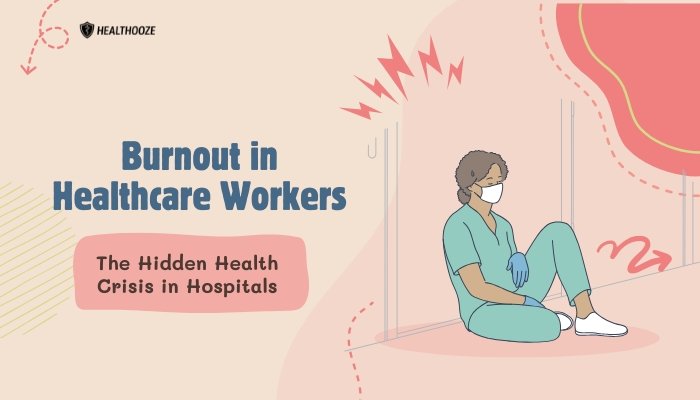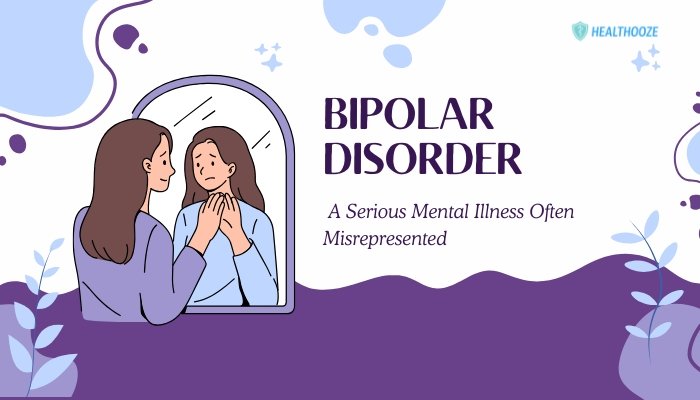Introduction
Menopause can be a challenging, transformative phase for many women, marked by hot flashes, mood swings, and changes in reproductive hormones. However, for women in marginalized communities, these challenges often intensify due to cultural stigmas, minimal healthcare access, or lack of social support.
Whether discussing taboo-laden menopausal symptoms in certain cultural contexts or navigating healthcare systems that overlook minority women, these individuals frequently struggle in silence.
This article sheds light on how marginalized women experience menopause, the extra hurdles they face, and potential avenues to ensure they receive dignified, comprehensive support.
Cultural Taboos and Myths Around Menopause
Silence and Shame
In some cultures, openly discussing reproductive or sexual health can be taboo, making menopausal symptoms (like irregular bleeding or hot flashes) difficult to address. Older women may avoid mentioning these experiences, fearing gossip or negative judgments from their social circles.
Myths and Misinformation
- Loss of Femininity: Some communities perpetuate beliefs that women post-menopause are “past their prime,” exacerbating emotional distress.
- Emphasis on Fertility: Societies equating womanhood with childbearing can marginalize women post-menopause, who are no longer fertile.
- “Hush-Hush” Approach: Minimal discussion of physical changes leads to misinformation, fueling fear or confusion about normal menopause transitions.
Emotional and Psychological Strain
Being unable to voice symptoms or ask for help fosters isolation. Feelings of shame or deficiency can rise if women believe menopause is a sign of deteriorating worth—reflecting cultural or family expectations tied to motherhood or youthfulness.
Why Marginalized Women Face Additional Challenges
Socioeconomic Barriers
Women in lower-income brackets may struggle to afford hormone replacement therapies, supplements, or regular appointments with gynecologists. They might prioritize basic needs (food, housing) over consulting a specialist, leading to untreated or poorly managed symptoms.
Language and Literacy Gaps
Refugees, immigrants, or those from rural backgrounds with limited formal education might find medical brochures or instructions inaccessible. Without clear, culturally sensitive materials, they remain unaware of beneficial interventions or coping strategies.
Intersection with Other Forms of Discrimination
Racial or ethnic minorities can experience healthcare bias—for instance, trivializing their pain or attributing complaints to “exaggeration.” Similarly, LGBTQ+ individuals going through menopause may find minimal inclusive resources or supportive care that acknowledges their unique experiences.
Underdiagnosis and Underserved Healthcare
Healthcare Provider Bias
Implicit bias can lead clinicians to dismiss or minimize symptoms in women of color or non-English speakers. If concerns about severe hot flashes or depression are brushed aside, the result is an incomplete picture of menopausal health.
Limited Specialty Clinics
Menopause care often requires specialized gynecology or endocrinology input. In underserved regions or neighborhoods, local clinics may lack such experts—forcing extended travel or causing women to give up seeking care.
Data Disparities
Much menopause research predominantly involves white, middle-class participants. This knowledge gap can overshadow the experiences of women from different ethnic backgrounds, cultural diets, or genetic predispositions—reducing the appropriateness of typical guidelines for them.
Coping Mechanisms and Solutions
Community-Led Initiatives
- Support Circles: Local nonprofits, churches, or women’s groups can provide safe spaces for discussing menopausal changes without shame.
- Peer Education: Trained volunteers offering home visits or group workshops, bridging language or trust gaps in healthcare systems.
Integrating Traditional Practices
In some cultures, herbal remedies or certain dietary regimens serve as time-honored approaches. When combined thoughtfully with modern medicine—and used responsibly—such practices can foster comfort and a sense of cultural continuity.
Telemedicine and Mobile Clinics
For remote or underserved areas, teleconsultations with gynecologists or specially trained nurses can close the care gap. Mobile clinics delivering hormone therapy counseling, basic diagnostics, or nutrition advice also minimize the burden of travel.
Building Supportive and Inclusive Care
Healthcare Provider Training
Medical schools and continuing education programs can incorporate cross-cultural competence for menopause care. Listening sessions—where doctors hear from women in these communities directly—improve empathy and adapt practice styles.
Translating Materials and Outreach
Health agencies can produce pamphlets in multiple languages, with illustrations or simplified text. Partnering with cultural liaisons ensures appropriateness and helps dispel misconceptions, e.g., that hormone therapy is “unnatural” or that talking about hot flashes is taboo.
Advocacy and Policy
- Insurance Reforms: Lobbying for coverage of menopause-related treatments, hormone replacement therapies, and mental health counseling helps reduce disparities.
- Community Investment: Government or charitable programs specifically funding menopause clinics or helplines in minority-dominant regions.
- Public Awareness: Normalizing the conversation through campaigns or public seminars so that no woman feels her menopausal journey is invisible.
Conclusion
Menopause shouldn’t be a lonely or misunderstood passage. Yet for many women in marginalized communities—whether facing financial barriers, language barriers, or cultural taboos—the transition is fraught with confusion, stigma, and inadequate medical guidance. Encouraging frank discussions, ensuring equitable healthcare reach, and validating cultural viewpoints can reshape the menopause experience. By championing inclusive policies, bridging knowledge gaps with empathy, and building strong community networks, societies can significantly improve the well-being of women navigating menopause in often-neglected corners of the healthcare system.
References
- World Health Organization (WHO). Women’s health—menopause and inequities.
- North American Menopause Society (NAMS). Cultural and social factors in menopause care.
- UN Women. Health disparities among low-income and ethnic minority women.

